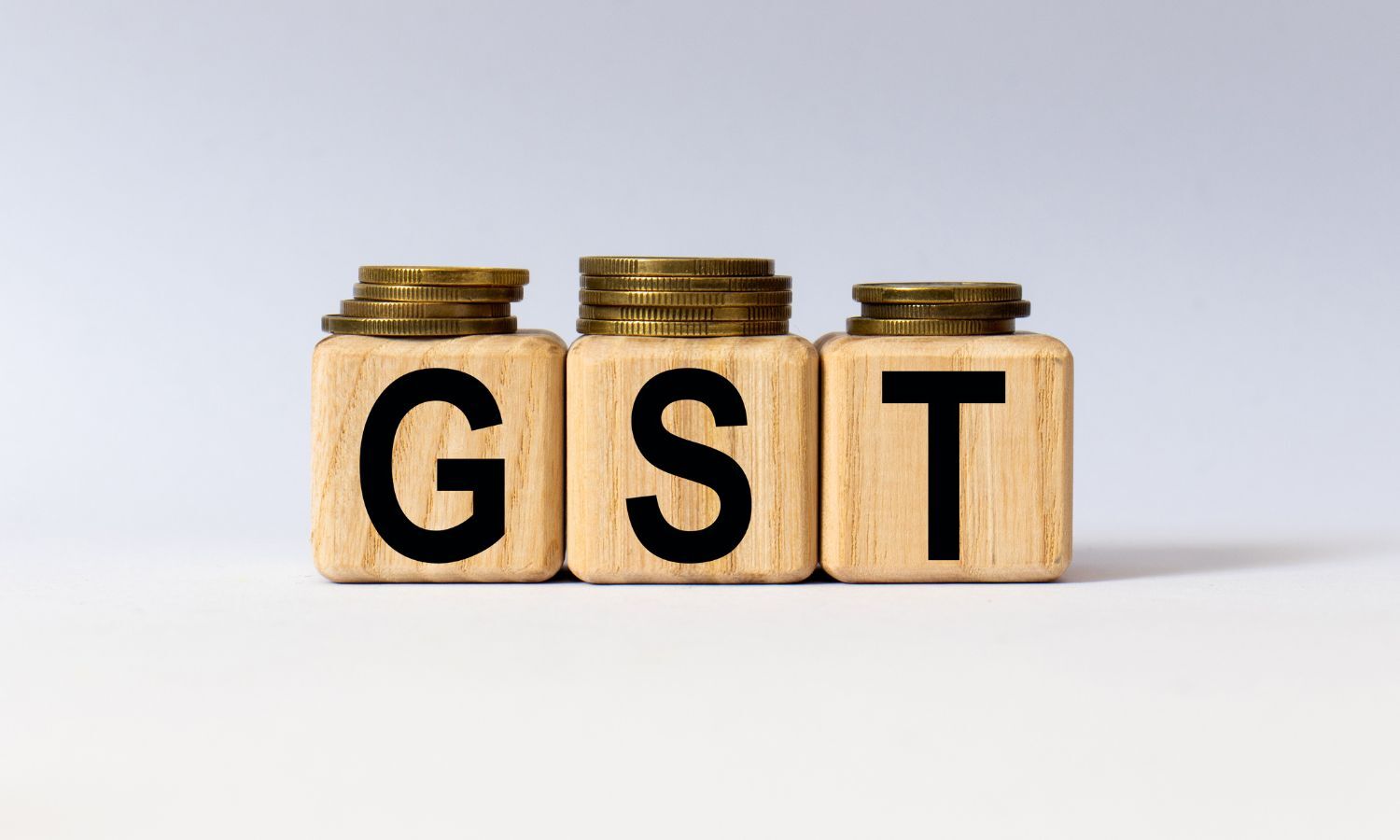
Ahead of GST Council meet, biscuit makers hope for rate cut
16-Sep-2019
Livemint
Gst, GST Council Meet,biscuit Makers Hope,rate Cut
378 Views
Biscuit makers are hoping for a lowered tax rate on widely consumed mass biscuits priced below ₹100 a kilo as an increased instance of GST has put additional burden on manufacturers. The GST Council is expected to meet on 20 September and could consider tax revisions on various goods. Auto and biscuit manufacturers are hoping for a reduced tax burden amid a slump in consumer demand. Mayank Shah, category head, , and vice president, Biscuit Manufacturers Welfare Association said biscuit manufacturers are hoping for a reduced tax burden on lower-priced biscuits or those priced below ₹100 per kilo from the current 18% to 5%.
“Our request is to continue the distinction between two categories of biscuits ie those below and above ₹100 per kilo because the sub ₹100 per kilo biscuits are targeted at the middle class and lower strata of the society—the consumption is huge there," Shah told Mint. “We are okay paying 18% GST on biscuits priced above ₹100 per kilo," Shah added. Biscuits priced below ₹100 per kilo include largely affordable biscuits such as glucose, and milk and account for 25% of all biscuit sales in India; these are typically priced under ₹10. Earlier in September, the Biscuit Manufacturers Welfare Association, which represents close to 40 biscuit makers, including Parle Products, made fresh petition to the government seeking a reduction on tax slabs.
To be sure, biscuit makers have been seeking a reduction in taxes on biscuits in the mass market segment since 2017, after the government clubbed them in the same tax bracket as premium cookies or those priced above ₹100 per kilo, thus doing away with a varied tax structure under the new GST regime. This, companies added, has prompted manufacturers to reduce the size of biscuits offered per pack amid growing cost pressures and even take price hikes leading to a slump in demand. Shah added that in the first quarter of the current year premium biscuits or cookies grew between 7% to 8%; while mass biscuits or those priced below ₹100 per kilo declined by 8%, he said citing industry figures.
India’s biscuit market is estimated at over ₹31,200 crore and sees the participation of large companies such as Britannia Industries, Parle Products, ITC, Mondelez India, among others. It is among the largest categories of packaged foods sold in India. But an increased instance of tax has burdened manufacturers who complain that they have had to resort to price hikes or cut the grammage of biscuits priced under ₹10 to ensure consumer demand is intact. Shah added that last December the company took measures to control costs and has since reduced the number of biscuits sold in its ₹2 to , including Parle-G —India’s largest selling biscuit.
“We had absorbed the costs for a while, but then last December we started to reduce the quantity offered so that we don’t pass on the prices to consumers," Shah said. He added that the company had to rule out price increase in ceratin packs as shoppers are “extremely value-conscious, they notice things like this and easily switch to cheaper alternatives." For Parle, biscuits priced under ₹100 a kilo account for 40% of its sales. Anmol Industries, which sells namkeen, butter and cream biscuits priced between ₹5 to ₹20, said it has been gradually reducing the size of some of its biscuit packs over the last two years as raw material prices, especially wheat, continue to climb. “Earlier we used to have a 60 gram pack at ₹5, today it has been brought down to 45 grams and if this continues we could soon be selling 40 grams," said Gobind Ramji Choudhary, managing director at the company.
Choudhary who is also part of the India Biscuit Manufacturers Association, an industry body of ten biscuit companies in the North, made representation to the government to reduce the GST on biscuits are priced below ₹150 per kilo to 12% about two months ago. “For us these account for 90% of our sales," he added. The move to push to lowered tax rates comes amid a slowdown in consumer demand largely aggravated by a slump in rural consumption where consumers are holding back on purchases of essentials such as household products and staples. This has spooked FMCG companies, which draw over 35% of sales from the hinterland. In its quarterly update on the FMCG sector for the April-June quarter, research firm Nielsen said that categories such as salty snacks, biscuits, spices, soaps and packaged tea led the slowdown during the quarter. Nielsen also lowered its guidance for the sector for the full year.
Source:livemint






